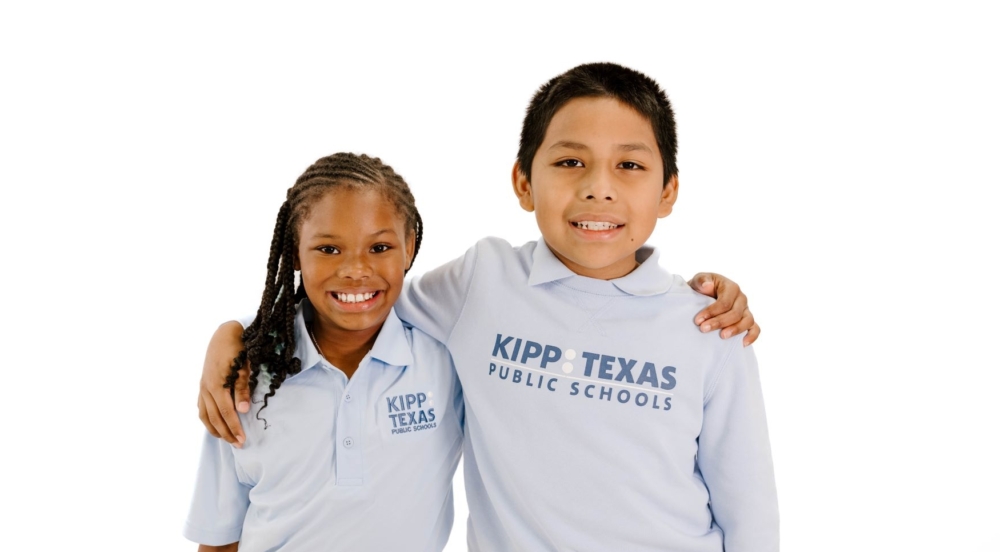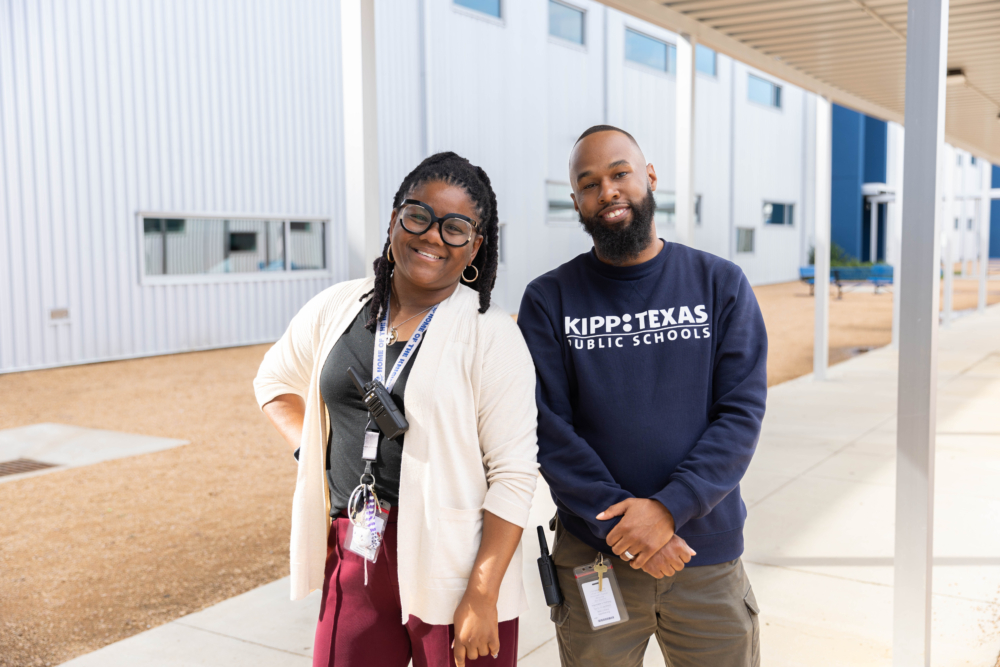 KIPP Texas is committed to protecting its students and employees from bullying in any form. But what is bullying, and how does it differ from the normal peer conflict that comes with all childhood development?
KIPP Texas is committed to protecting its students and employees from bullying in any form. But what is bullying, and how does it differ from the normal peer conflict that comes with all childhood development?
Bullying is a single significant act or pattern of acts by one or more students that exploits an imbalance of power. Bullying can come in many different forms:
- Verbal: Hurtful name-calling, teasing, gossiping, making threats, making rude noises, or spreading hurtful rumors.
- Nonverbal: Posturing, leering, staring, stalking, or destroying property.
- Physical: Hitting, punching, pushing, tripping, etc.
- Emotional or Psychological: Rejecting, terrorizing, extorting, intimidating, humiliating, ostracizing, etc.
- Cyberbullying: Bullying done through the use of an electronic communication device.
How does KIPP Texas prevent bullying?
We know that students thrive in school environments where they can form deep, supportive, and lasting relationships with each other. By building social-emotional skills, our goal is to establish inclusive communities where students learn to listen to diverse viewpoints and make their voices heard. We believe that creating a culture of respect is inherently necessary for all learners, and that in doing so we can open the doors to communication, conversation, and compassion that truly make our schools brave and belonging places for all.
What happens when bullying occurs?
Bullying can affect everyone – those who are bullied, those that bully, and those who witness bullying–and research indicates that the effects of bullying can last into adulthood.
When allegations of bullying occur, the school leadership team will investigate and document their findings. If the reported act is determined to be outside the scope of KIPP and is an alleged criminal act, the leadership team will refer the case to appropriate law enforcement.
If the reported act falls within the scope of KIPP, the leadership team will provide support to both the alleged victim and alleged perpetrator, and will seek a joint voluntary mediation meeting between the two parties if they agree.
Why is it important that we build mental health support around both the alleged victim and perpetrator?
Bullying negatively impacts not only the victims but also the alleged perpetrators. At times, students can use behavior as a vehicle to tell adults and their peers how they feel when they don’t have the words to express it. It is imperative to understand the why behind bullying behavior. Our team works with the alleged perpetrator to understand why they are bullying, restore harm, and collaboratively create plans on developing healthy relationships and communicating what they need.
The alleged victims must have a space to verbalize how they feel and what they need to feel safe. It is imperative to understand the connection between bullying and trauma. Stopbullying.gov provides excellent resources for teachers, parents, and trusted adults on the correlation between bullying and trauma and resources and advice on how to support students who experience bullying.
How do you report bullying?
Please fill out a Bullying Incident Report in the front office of your school. In addition, KIPP accepts anonymous bullying reports through www.anonymousalerts.com/kipptexas.
We urge you to read KIPP Texas’ full investigation and resolution procedures in our handbook.


